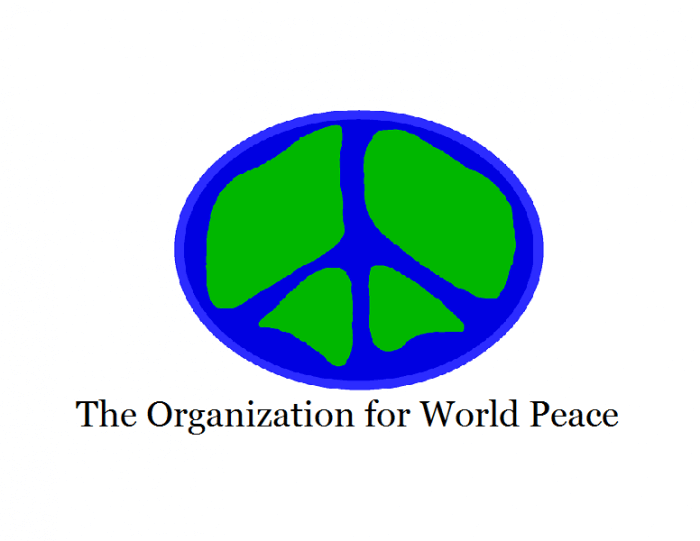On the 23rd of July, the International Monetary Fund (IMF) released a report detailing how the already struggling Venezuelan Bolívar will surge to 1,000,000 percent inflation by the end of 2018. These are only the most recent markers of a steadily worsening economic crisis for the once developing nation. Since the price of oil, the nation’s largest export, dropped in 2014 an international humanitarian crisis has developed. This crisis, born out of faulty macroeconomic policies has resulted in the near total collapse of the Venezuelan economy and social system.
Daniel Lansberg-Rodriguez, an economist with Northerwestern University’s Kellogg School of Management in Illinois has likened the country’s economic conditions to that of Zimbabwe’s in the late 2000s or Germany’s in 1923. What’s more is that Lansberg-Rodriguez states that “The level of chaos in Venezuela makes it that much more difficult to restore confidence and break out of this cycle.” What makes Venezuela’s situation far direr then those similar cases it is the total lack of diversity in their economy, with oil production counting for 95% of pre-collapse exports. Obviously, a new kind of economic intervention is necessary.
The collapse has wrought a complete degradation of Venezuelan way of life. Food shortages have resulted in extreme malnutrition, especially for the countries young. A New York Times report exposed how “emergency rooms were being overwhelmed by children with severe malnutrition”, a situation unheard of in pre-crisis Venezuela. The cases of childhood death by malnutrition are tripling every year with the Governments response being shroud the extent of the crisis by “enforcing a near-total blackout of health statistics, and by creating a culture in which doctors are often afraid to register cases and deaths that may be associated with the government’s failures.” Since the death of Hugo Chavez in 2013 and the election of his chosen successor President Nicolás Maduro political and social liberties have been continually restricted. The resulting climate of corruption and political repression have seen President Maduro re-elected as opposition leader Leopoldo López was sentenced for 13 years for inciting violence at a demonstration in February 2014 “despite the lack of any credible evidence against him”. Any executive check on presidential power has also been removed by the ruling government.
Venezuelan’s have lost hope the situation improving with 1.2 million people fleeing the country over the past 2 years. The UN High Commissioner for refugees has stated that countries receiving Venezuelan’s should treat them with the same rights as they would any other refugee. This is easier said than done for developing nations such as Colombia which is set to receive an estimated 1 million Venezuelans by the end of the year. 2018 is also projected to see an 18 percent decline in real GDP for Venezuela. This decline marks the third consecutive year of negative double-digit figures with now 90% of citizens living below the poverty line. Despite the stabilization of oil prices, a lack of infrastructure funding and the selling off of assets to overseas interests has left Venezuela unable to profit from its proven oil reserves, which are the largest in the world.
With the re-election of President Nicolás Maduro and the lack of any firm economic policy that would reverse the economic crisis there seem to be no hope for a quick resolution. What is necessary is international pressure with the aim of restoring democratic rule and procedure with the hope that an uncorrupt and focused government could attempt to steer the country towards positive economic and social policy and end this tragic and deepening humanitarian crisis.
- Anti-Muslim Pressure Increases In India - December 10, 2018
- Brazil’s Incumbent President Spells Disaster For Environmental Efforts - November 29, 2018
- Iraqis Riot Over Iranian Domination - September 18, 2018


